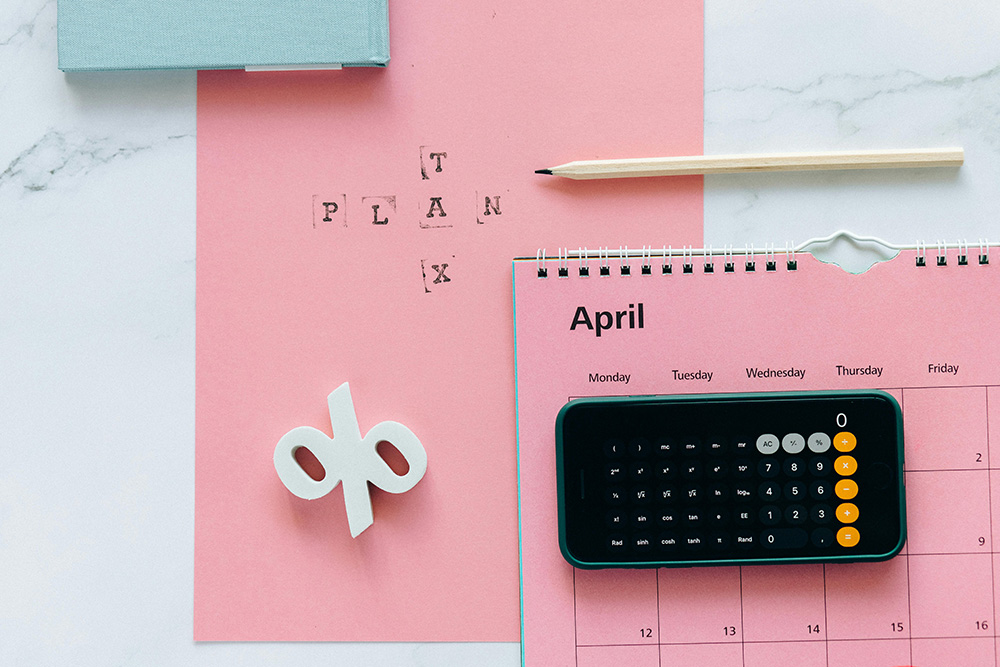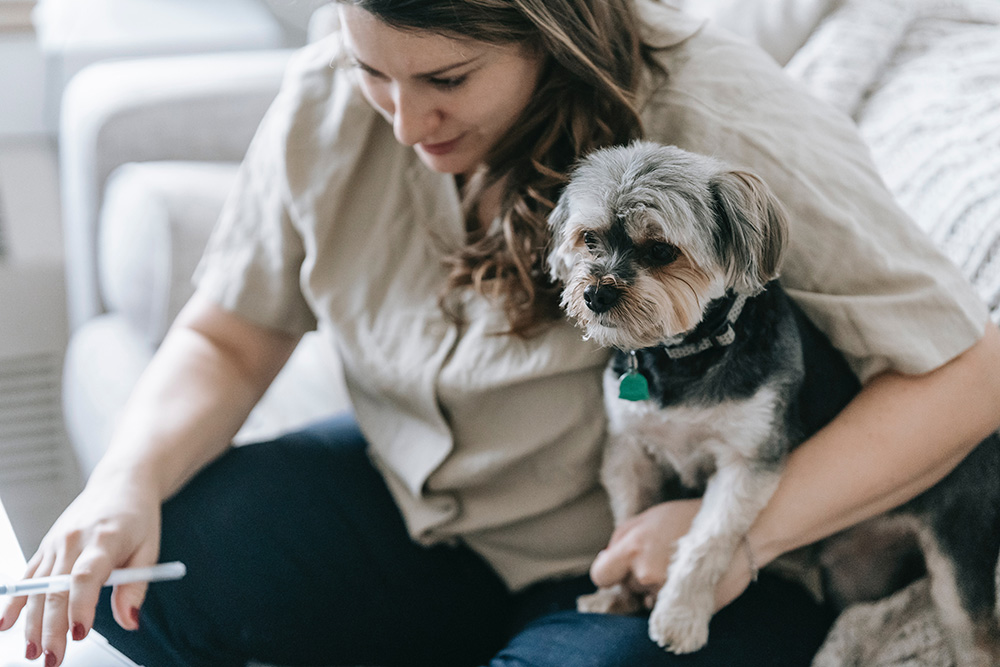If you’ve followed Ovation for some time, you’ll know how keen we are on Financial Wellbeing – our founder, Chris Budd, literally wrote the book on it and our Financial Wellbeing Podcast has over 100 episodes. In this post we are going to look at 5 key areas you can use to improve your financial habits by using financial wellbeing.
If you’re new here, or you would like a reminder, we believe there are five elements to Financial Wellbeing:
- A clear path to identifiable objectives
- Control over daily finances
- Financial options
- Ability to cope with a financial shock
- Clarity & security for those we leave behind
How can using Financial Wellbeing develop better financial habits?
New year, new me, right? Well first, I’m here to tell you it’s not easy! It’s simple, but not easy. It’s ok to make mistakes. It’s about recognising these mistakes and getting back on course as soon as possible. Be kind to yourself! Consider a flight from London to New York. The pilots are regularly adjusting their course by a couple of degrees each adjustment. If they didn’t, they would end up 100s of miles north or south of The Big Apple. Your approach to Financial Wellbeing will be the same, you’ll need to make regular adjustments throughout your journey.
A little bit at a time, goes a long way. Sir David Brailsford, a previous performance director of GB cycling, focused on “the aggregation of marginal gains”. If your financial habits can be improved by just 1% each day in all areas of Financial Wellbeing, you will be astounded at your progress by the end of the year. But how to make these adjustments!? I hear you scream.
Let’s start with “A clear path to identifiable objectives”
This is arguably the most difficult of the five, this one requires you to sit down and really think about what you want out of life and more importantly the reason(s) behind this. If this is too big a question, perhaps start with what you want out of the next day, week, month, or year. Like a muscle, you’ll get stronger the more you do this.
For example, I’m getting married in May 2025, so for me, I’d like to save enough money to make our special day one to remember and to have a fantastic honeymoon with Jessica. I know what I need to do, and what doing it is going to give me. I can then break this down to give us even more clarity.
So, what about “Control of daily finances”?
Well would you believe it, by having control over my daily finances I then know exactly how much I can save each month for our wedding. My car tax comes out in April, so I must make sure there is enough money aside for that. This way there are no surprises when my V11 lands on my doorstep.
By having control and knowing that is due, I can continue to save for our wedding, and save for my tax in April too. I’m not stressed about it, I have control and I’m adding to my Financial Wellbeing. This all boils down to budgeting really. As I said, simple, but not easy.
“Financial Options”, we all want choice, right?
When you go to a restaurant, half the fun is often in deciding what to have – well at least for me it is. It’s the same in life, you want to have the option to go on this holiday or that, to give to one charity or another. To labour the point, saving more for our wedding means we have more options. We can have a band or a DJ for example.
“Ability to cope with financial shock”.
Did you know that you get more Financial Wellbeing out of having an emergency fund than you do with a bonus from work? Knowing that you have a pot for those inevitable one-off expenses gives you great wellbeing.
Just this month, my car broke down – I know right after Christmas too?! It’s being looked at on Monday 29th January and I have no idea how much it’s going to cost. I fully expect to be using a proportion (hopefully) of my emergency fund. Without this, I can guarantee you that I would be a lot more stressed than I already am. I’d be in a position where I didn’t know where I was going to get the money from. Granted I still don’t know what the bill will be, fingers crossed it’s a small one. So, factor this into your budget and make sure that you are putting money aside for the “what if?”.
Finally, “Clarity & security for those we leave behind”.
Something if we’re honest we would rather not think about. But our mortality is inevitable. When you’re gone you won’t know it, but those that you care about will. They’ll be grieving so you don’t want to leave them with an additional burden of worrying about money. By getting your Wills sorted, completing your pension expression of wish forms, having insurance to plug any financial gaps – you are ensuring that should the worst happen, your loved ones don’t have to think about all this.
I hope having read this you have some ideas to take forward and implement. Be kind to yourself. Start small if you need to, remember it’s “aggregation of marginal gains” that will make the biggest difference.
For more information on Financial Wellbeing you can:
- Message the team directly through the MyOvation client portal
- Listen to the Podcast, Episode95 – 4 Steps to Financial Wellbeing is a great place to start
- Read The Financial Wellbeing Book
- Sign up for the Ovation Newsletter here and get these posts and more straight to your inbox








